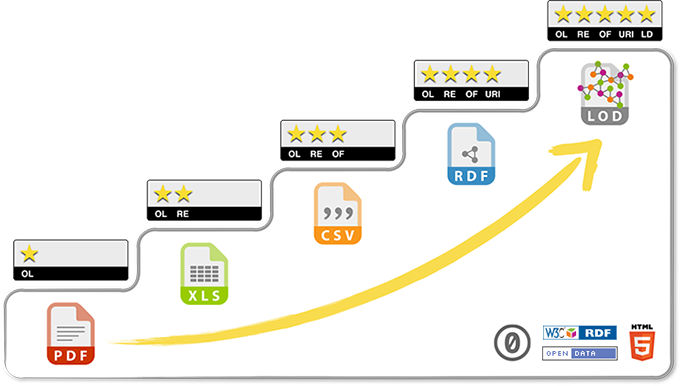Reducing reliance on credentials is also more likely to increase diversity, even when it’s not a stated objective.
- Jun 2024
-
www.nytimes.com www.nytimes.com
-
- Jan 2023
- Aug 2022
-
www.highereddive.com www.highereddive.com
-
Test ways to build earned credentials (certificates, badges, coursework) into degrees; build banks of experience (on-the-job training, internships) that earn credit; admit students simultaneously to two- and four-year institutions; guarantee transfer agreements so students don’t take numerous courses that don’t transfer into a four-year degree; set goals for meaningful employment upon graduation; and work collectively to measure our progress and hold ourselves accountable for the outcome.
-
- Jan 2022
-
eductive.ca eductive.ca
-
les lettres que je reçois des Services adaptés en rendent plusieurs visibles
Most of us have received those letters, indicating that some learners will require special accommodations. And students learn to fit the description. Reminds me of those learners in my classes who expressed surprise at obtaining a high grade on an assignment.
For instance, a musician in my ethnomusicology course, back in 2006, came to me with something of a complaint:
You gave me an A on this assignment!
Right. What's the problem?
I have a learning disability!
Erm... Not in my course, you don't! ;-)
Students like this musician had done exactly the work required to fulfill the requirements... which didn't match expected requirements (which are overwhelmingly scriptocentric).
Conversely, some learners assume they'll always get good grades ("I'm an A student!"), typically because their writing style matches academic expectations.
Surely, there's research on this labelling effect. Now, I'm not saying that it's the only effect coming from these letters (or from "dean's lists"). Accommodations can be particularly important in courses where there's a pressure to perform in a certain way. And it sounds like grade-based rewards are important in several social systems. I'm merely thinking of links between Howie Becker's best-known book and his unsung work.
-
- Nov 2017
-
wrapping.marthaburtis.net wrapping.marthaburtis.net
-
institutionally controlled assessment and collection of data
-
-
events.educause.edu events.educause.edu
-
Moving to a Web of Linked Data for Credential Ecosystems
Oh? Credentials going Semantic? CBE going TBL?

Might be worth a deeper discussion with @jeffgrann, at some point.
-
- Jul 2016
-
hackeducation.com hackeducation.com
-
school often neatly reinforces the hierarchies of our socio-economic world
Though it came out a few years after the texts listed in the previous paragraph, Randall Collins’s Credential Society would be relevant.
-
our education system is controlling, exploitative, imperialist
-
-
www.theguardian.com www.theguardian.com
-
The phrase “diploma mills” came into popular usage during the era.
-
-
www.seattletimes.com www.seattletimes.com
-
Craig doesn’t think elite schools need to worry; their degrees will still be used by employers as a sign of quality.
-
-
www.alfiekohn.org www.alfiekohn.org
-
putting grades online (thereby increasing their salience and their damaging effects)
Grades are often an obstacle to learning.
Tags
Annotators
URL
-
- Jun 2016
-
www.theatlantic.com www.theatlantic.com
-
At the same time, those positions that can still be acquired without a college degree are disappearing.
-
-
www.jisc.ac.uk www.jisc.ac.uk
-
Businesses are not saying "I want someone who went through a programme that promised them a job".
In the Ivory Tower, we hear less about that part of the relationship between Higher Ed. and businesses. Those colleagues of ours who are so against the 100-year push for universities to become more vocational tend to assume that employers are the ones doing the pushing. While it’s quite possible that some managers wish for universities to produce optimised employees, many people on that side of the equation argue that they’re quite able to train employees, as long as they’re able to learn. Now, there’s a whole thing about the “talent pipeline” which might get faculty in a tizzy. But it’s not about moulding learners into employees. Like much of Higher Ed., it’s about identifying (and labeling) people who conform to a certain set of standards. Not less problematic, perhaps, but not so much of a distinction between academia and employability.
-